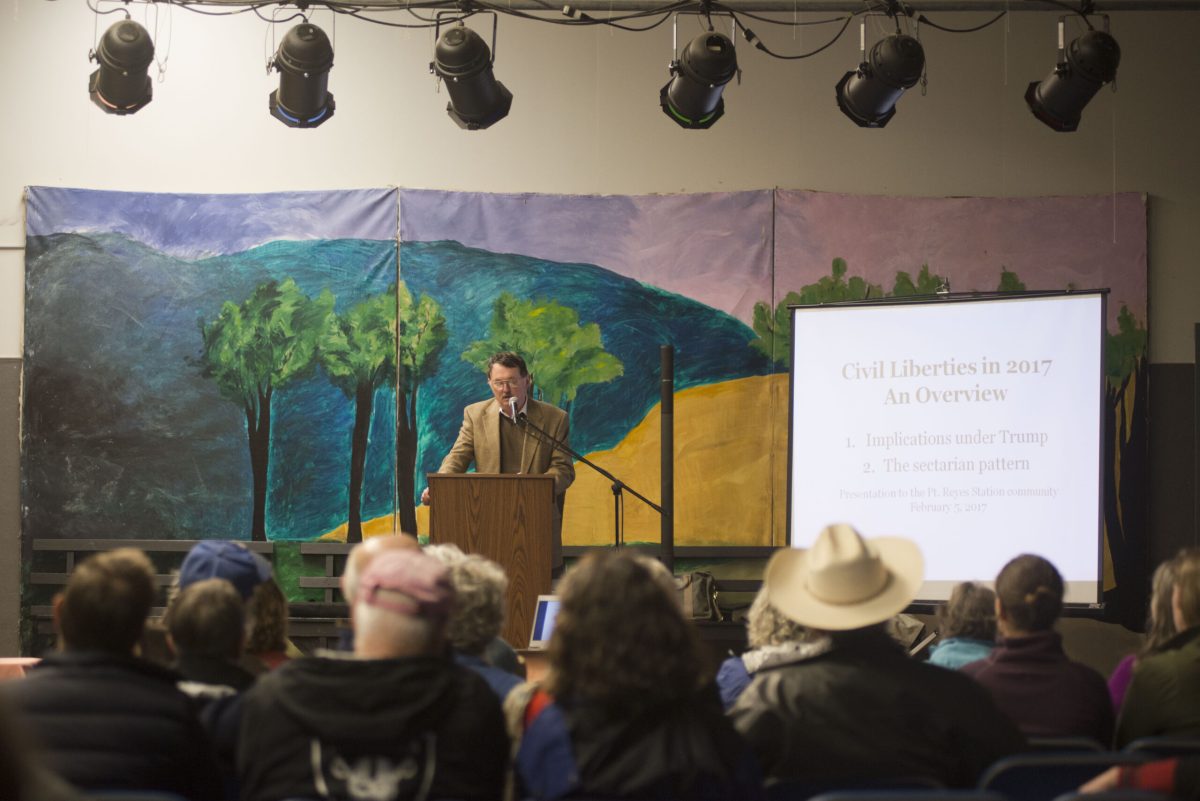When President Trump signed an executive order on Jan. 25 that sought to address illegal immigration, the changes to policy left many confused and . . .
Locals put heads together against Trump agenda


When President Trump signed an executive order on Jan. 25 that sought to address illegal immigration, the changes to policy left many confused and . . .